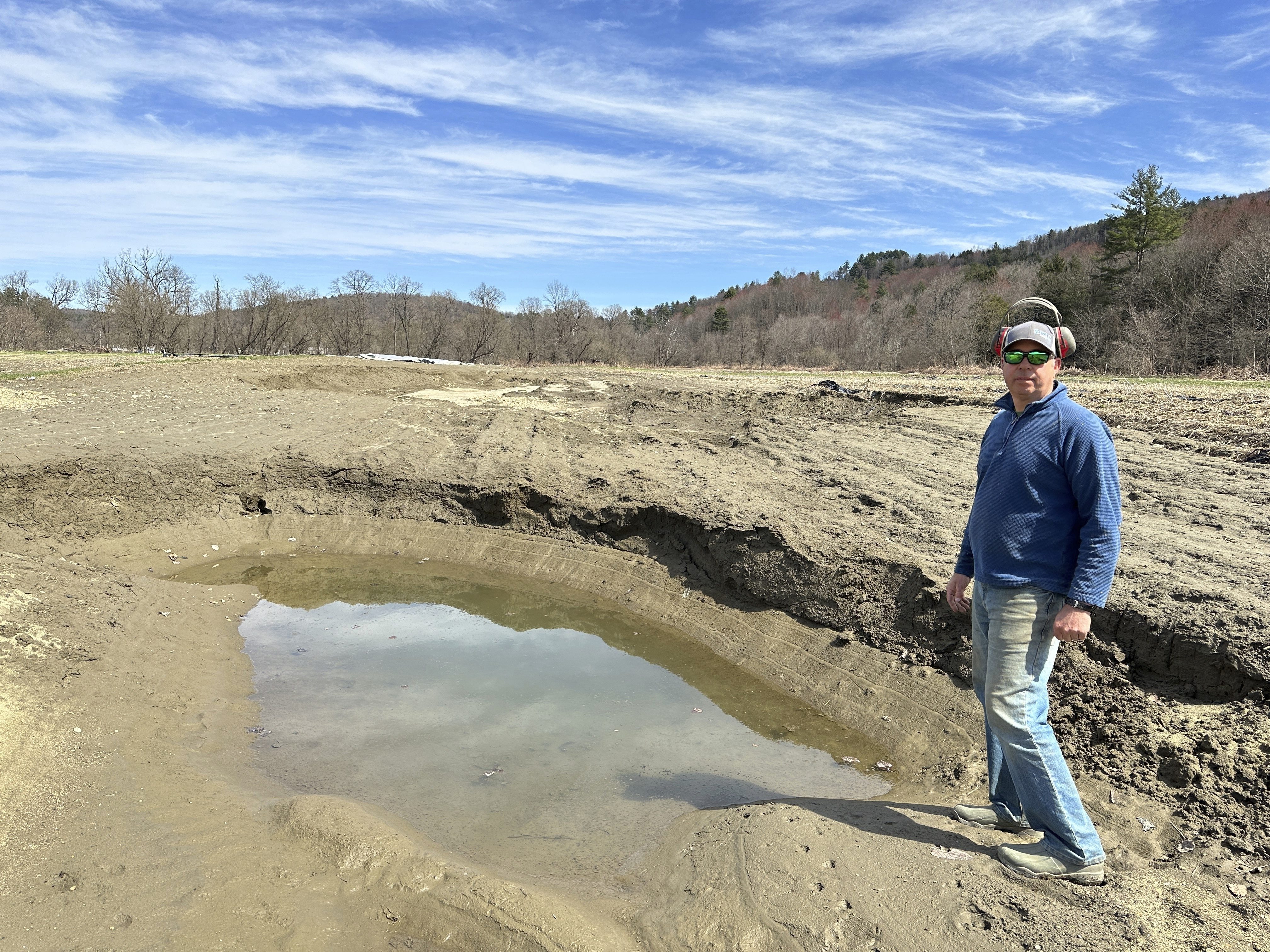State biologists in Vermont are encouraged about new findings from a survey into a struggling wild animal species.
A year ago, NECN reported how Vermont’s Fish & Wildlife Department was concerned a colony of little brown bats might have been harmed or displaced when a fire destroyed a covered bridge in Cornwall where the animals roosted for part of the year.
Vermont lists the little brown bat as endangered.
Now, biologist Alyssa Bennett, who led the project, tells necn her study has found most of the colony appears to have been successful finding new homes near the former bridge.
Bennett credited bat boxes recently installed by The Nature Conservancy, a non-profit environmental organization, and by the Vermont Agency of Transportation, with giving the animals places to settle.
She said she counted bats coming and going from the new boxes, and the number was very close to the figure estimated to have previously lived in the crevices of the bridge.
Bennett noted that the fire, which destroyed the bridge connecting Cornwall and Salisbury on September 10, 2016, would have been far more destructive to the bat population had it broken out earlier in the summer—when bats would have been more likely to be inside it with their young.
Vermont
The latest news from around the state
Biologists say the little brown bat plays an important role in the ecosystem, helping control the mosquito population. However, they have been dying in large numbers across much of the country in recent years, due to a fungal disease called White Nose Syndrome.



